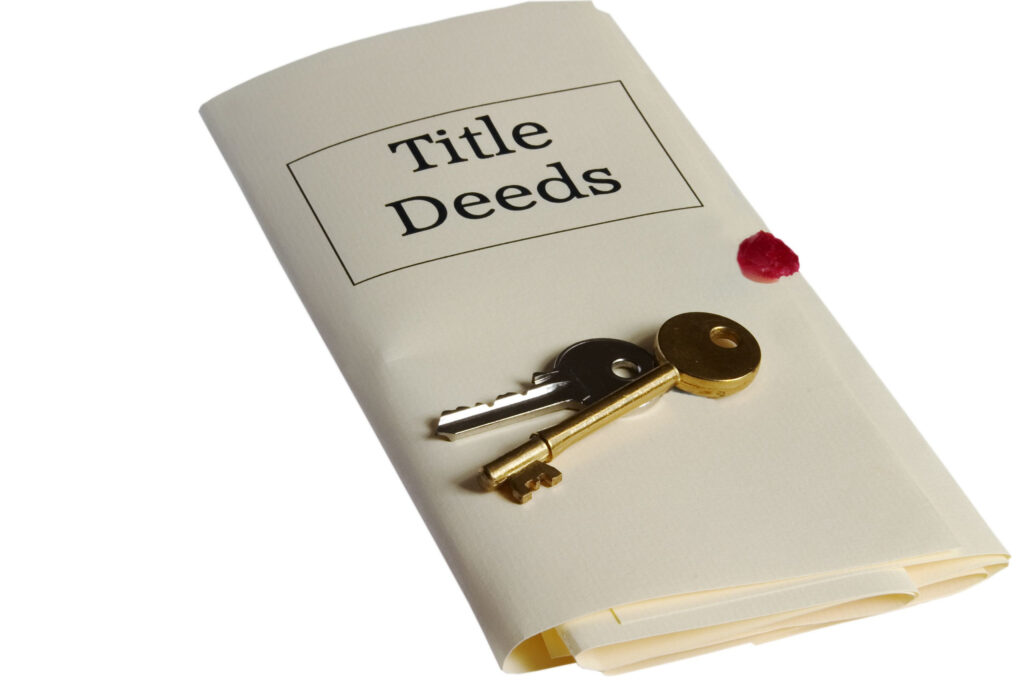Interest rates have risen for a 14th consecutive time, with further increases expected. Average asking prices have fallen sharply, and rent is now cheaper than a first-time mortgage across most of the country. Read on to find out the latest property market news.
Interest Rates Rise Again
It’s bad news for homeowners as the Bank of England has raised the base interest rate for a 14th consecutive time to a 15-year high of 5.25%.
The increase will directly affect homeowners with variable and tracker mortgages, meaning an increased monthly payment.
In more negative news for homeowners, the Bank of England boss, Andrew Bailey, confirmed for the first time that interest rates are likely to remain higher for longer to curb rising inflation.
The next interest rate announcement will be made on the 21st September, when many economists expect another increase to 5.5% – a figure they’re predicting will remain in place for the next 12 months.
Asking Prices For UK Homes Falls at Sharpest Rate Since 2018
August saw its sharpest drop in asking prices for five years. This is a sign that the property market is continuing to slow.
The average asking price for a property new to the market is now £364,895. That’s 1.9% less than the previous in July, and £7,012 less in monetary terms.
While August is traditionally a slower month for property sales, the drop off is more than double the usual 0.9% fall in prices that are typical during the summer.
It’s not all bad news for sellers though. Average house prices remain 20% higher than they were this time four years ago.
Mortgage Rates Cut – But Don’t Expect it to Last!
In some welcome news for buyers and homeowners whose mortgages are coming up for renewal, the ‘big six’ lenders have continued to cut their mortgage rates since July’s peak.
According to property website Rightmove, the average five-year fixed rate deal is now 5.81%, down from 6.08% last month.
While the rate cuts are undoubtedly positive for customers, it’s not expected to last. Many economists expect the price wars between the major lenders to end soon amid increasing interest rates and a high inflation rate showing no signs of dropping significantly.
Renting Is Now Cheaper Than First-Time Mortgages
In other property market news, figures released by property website Zoopla have revealed that monthly rents are now cheaper than first-time mortgages. These statistics haven’t been seen since 2010!
An increase in mortgage rates has seen interest soar to more than 6% in recent months, and according to Zoopla’s data, the average monthly mortgage payment for a first-time buyer with a 15% deposit now stands at £1,285. As for renters, their average monthly payment is £1,163. A difference of £122 per month or £1464 per year.
London and the South East are the worst affected areas. In fact, in the capital, average rents are £493 per month less than average mortgage payments – significantly less than the national difference.
Some areas of the UK buck the trend, including Wales, Scotland and Northern Ireland, but renting is currently the cheaper option for most of England.
More Than 4 In 10 Adults Have Given Up On Owning A Property
In a survey of more than 2,000 adults aged 18-39, sadly 42% have given up on the idea of buying a property in the next ten years.
The survey, commissioned by property website Zoopla, also revealed that a significant number of people earning more than £60,000 per year have also given up on owning a property in the next decade, with 38% feeling that it’s beyond reach.
The three main reasons for being unable to purchase a property were
The cost of living crisis
Increasing house prices
Higher mortgage rates.
Of the 14% of people who are planning to buy or who are in the process of buying, 85% of them have made financial sacrifices to do so. Typically, 34% have given up holidays and 30% have sacrificed socialising.
The figures also revealed that 69% of those who are planning to buy or who are in the process of buying have made compromises on the property. Compromises include buying in an alternative area to the one they prefer, purchasing a smaller property than they planned, and choosing a property in need of refurbishment or renovation.
For more local property market news and updates and a more detailed overview of the Gloucestershire area, get in touch with TG Sales & Lettings. We are your local property experts. Call us on 01452 300822 or email rachel@tgres.co.uk.













